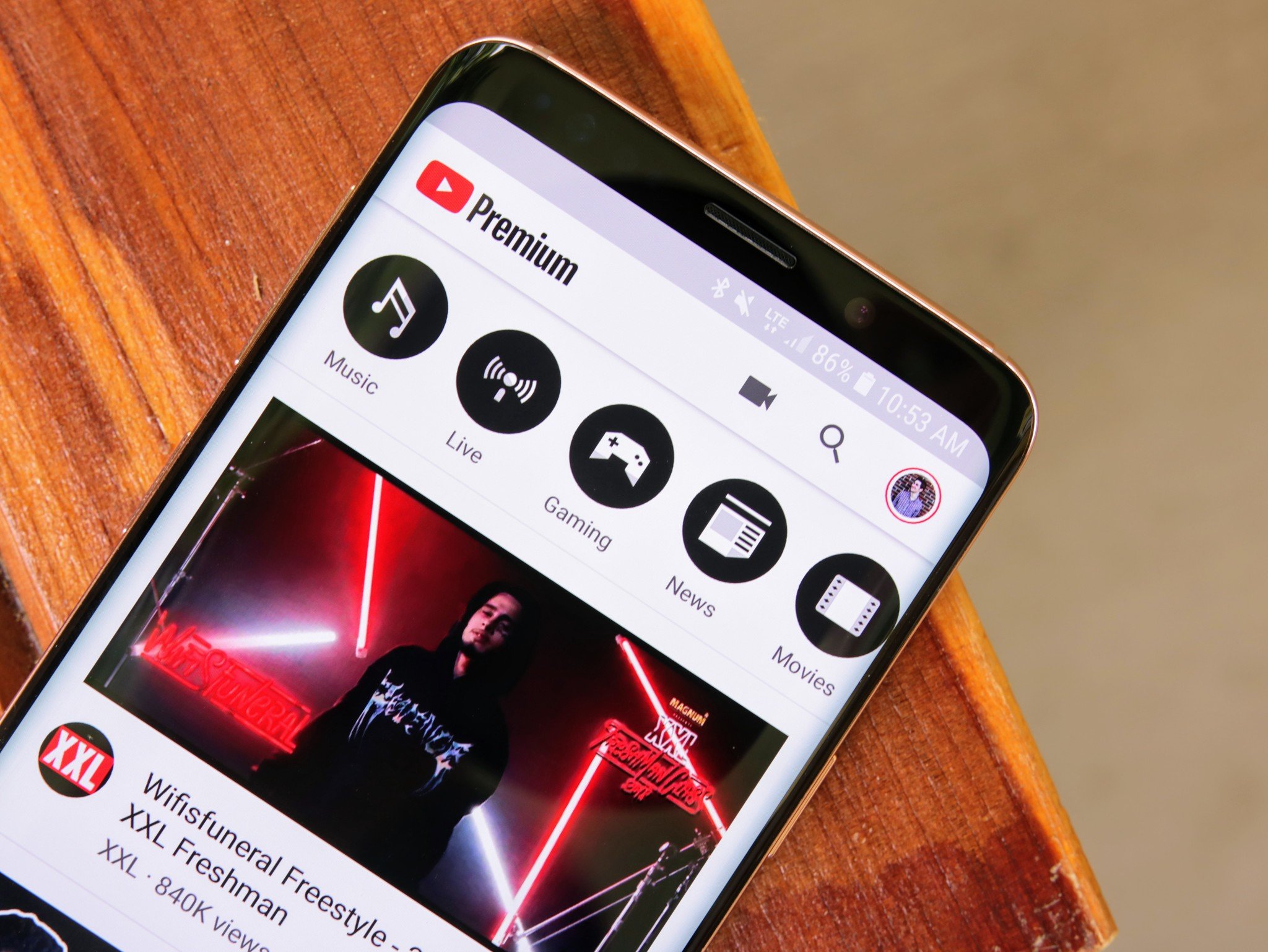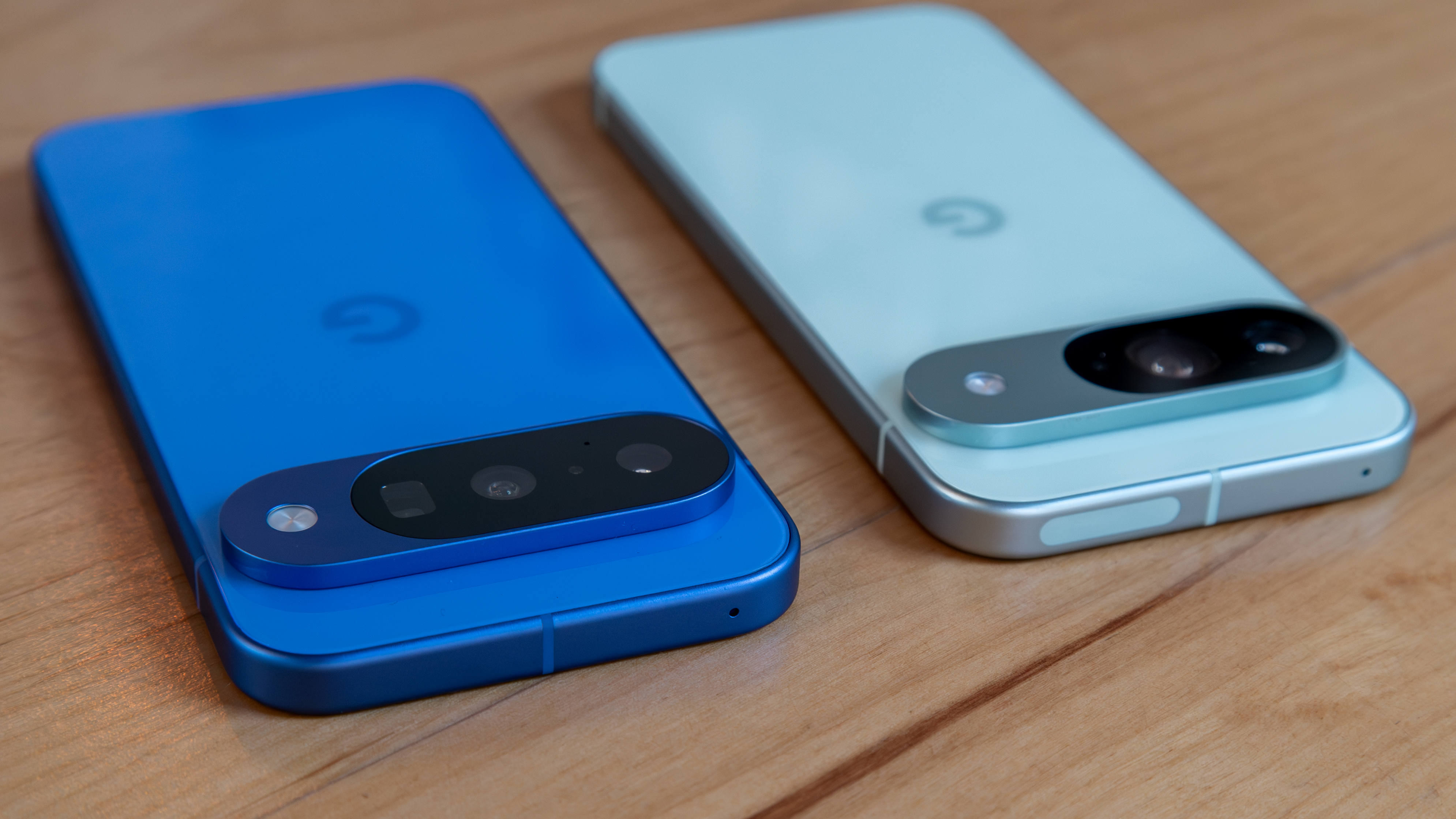YouTube not subject to First Amendment, judge rules in censorship case

What you need to know
- The 9th Appeals court has dismissed a case suing Google for First Amendment violations.
- The court reiterated that the First Amendment does not apply to private entities, only state actors.
- Google called it a "vindication of important legal principles."
Google has emerged victorious in the recent case of Prager University v Google LLC et al as per a ruling by the 9th U.S. Circuit Court of Appeals.
In brief, PragerU, a conservative non-profit, had sued Google for stripping advertising from some of its videos as per an application of its terms and conditions. The firm also placed them behind restricted mode, requiring users to sign in to view them. The University deemed these actions as violations of the First Amendment, despite Google not being a state entity. They claimed that while Google was a private entity, it argued that YouTube "performed an exclusively and traditionally public function."
YouTube might be everywhere, but it's still not the government.
In the first trial, PragerU's case was defeated. The district court found that PragerU did not cite any "persuasive authority to support the claim that YouTube's video upload and broadcast functions were "one of the "very few" functions that were traditionally "exclusively reserved to the State." PragerU was also found not to have the standing to sue Google for alleged false advertising under the Lanham act. The body had alleged that Google had posited itself as committed to free speech and that restricting its videos in line with YouTube's terms and conditions were somehow counter to that assertion. The court dismissed YouTube's statements as mere puffery and braggadocio, not genuine promises.
In a 3-1 decision coming this week, the 9th Circuit Appeals Court found the warmed up case to be a legally straightforward one. Circuit Judge Margaret McKeown wrote that YouTube, despite its ubiquity, was still a private forum and not a public state actor that could be a subject of the First Amendment. Ultimately, they ended up affirming the position taken by the first court, concluding:
Both sides say that the sky will fall if we do not adopt their position. PragerU prophesizes living under the tyranny of big-tech, possessing the power to censor any speech it does not like. YouTube and several amicus curiae, on the other hand, foretell the undoing of the Internet if online speech is regulated. While these arguments have interesting and important roles to play in policy discussions concerning the future of the Internet, they do not figure into our straightforward application of the First Amendment. Because the state action doctrine precludes constitutional scrutiny of YouTube's content moderation pursuant to its Terms of Service and Community Guidelines, we affirm the district court's dismissal of PragerU's First Amendment claim.
In reaction to the ruling, a Google spokesperson told Reuters that the decision "vindicates important legal principles that allow us to provide different choices and settings to users."
YouTube: Everything you need to know
Get the latest news from Android Central, your trusted companion in the world of Android

